Fellow Harvard MBA George W. Bush started a war over weapons of mass destruction that were never found, and Oxford alumnus Indira Gandhi imposed Emergency.
New Delhi: Union minister Jayant Sinha’s Harvard MBA became a talking point online as more and more people took to social media this weekend to condemn his decision to fete eight men convicted of lynching a Muslim cattle trader.
Harvard, one of the most renowned educational institutions, is among the few universities known to churn out future leaders and pioneers across fields. No less than eight US Presidents, including Barack Obama, count this university in Boston as their alma mater, with its equivalent across the pond, Britain’s Oxford University, producing as many as 27 British prime ministers.
The link between a prestigious college education and “leaders… who make a difference globally”, as Harvard’s official website reads, has been largely uncontested. Not all world leaders, however, make the right kind of difference.
In feting people convicted of lynching, a matter fraught with political significance, Sinha seems to have joined these ranks, as have the following:
Indira Gandhi
Bachelor of History, Somerville College, Oxford University
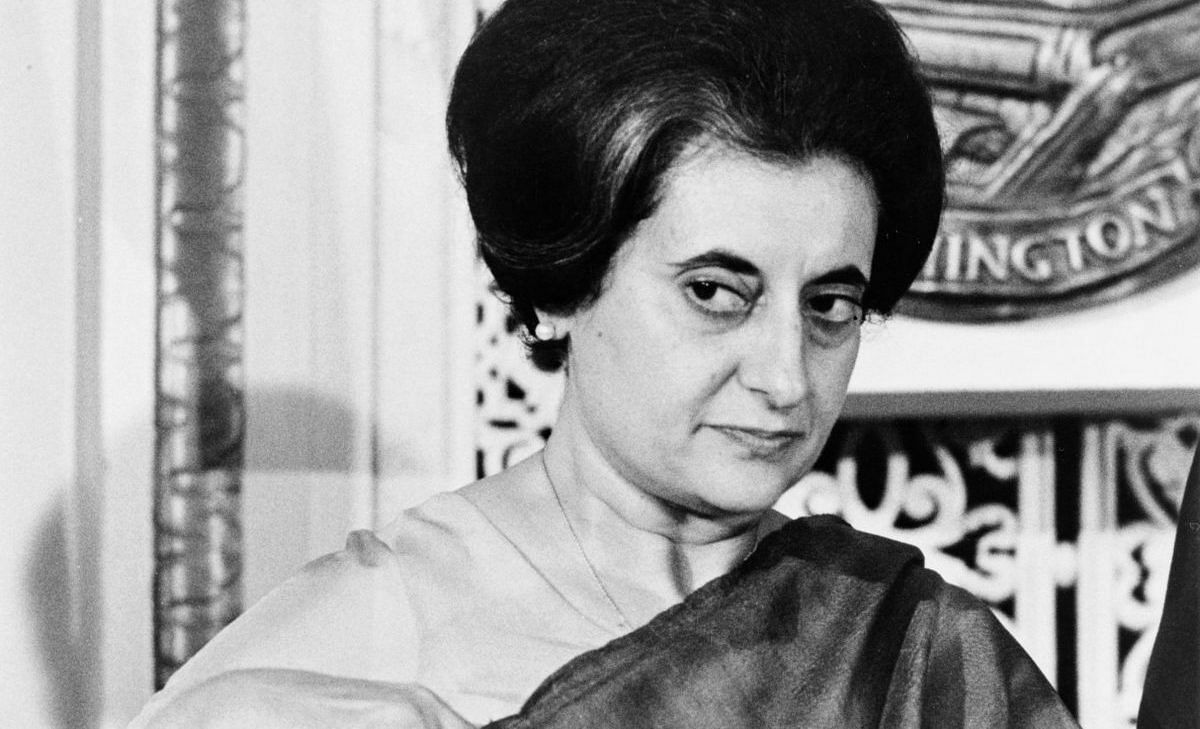
Indira Gandhi enrolled in Somerville College for a bachelor’s degree in history in 1937, but could not complete her degree due to the Nazi invasion of Europe two years later. She eventually received an honours degree from Oxford.
The two-time prime minister is blamed for plunging the country into one of its darkest periods — the Emergency of 1975.
It lasted for 21 months and saw widespread press censorship, the arrest of dissenters and opposition party members, suppression of civil liberties, and a massive campaign of forced sterilisation.
Donald Trump
Wharton School, University of Pennsylvania, US
Class of 1968
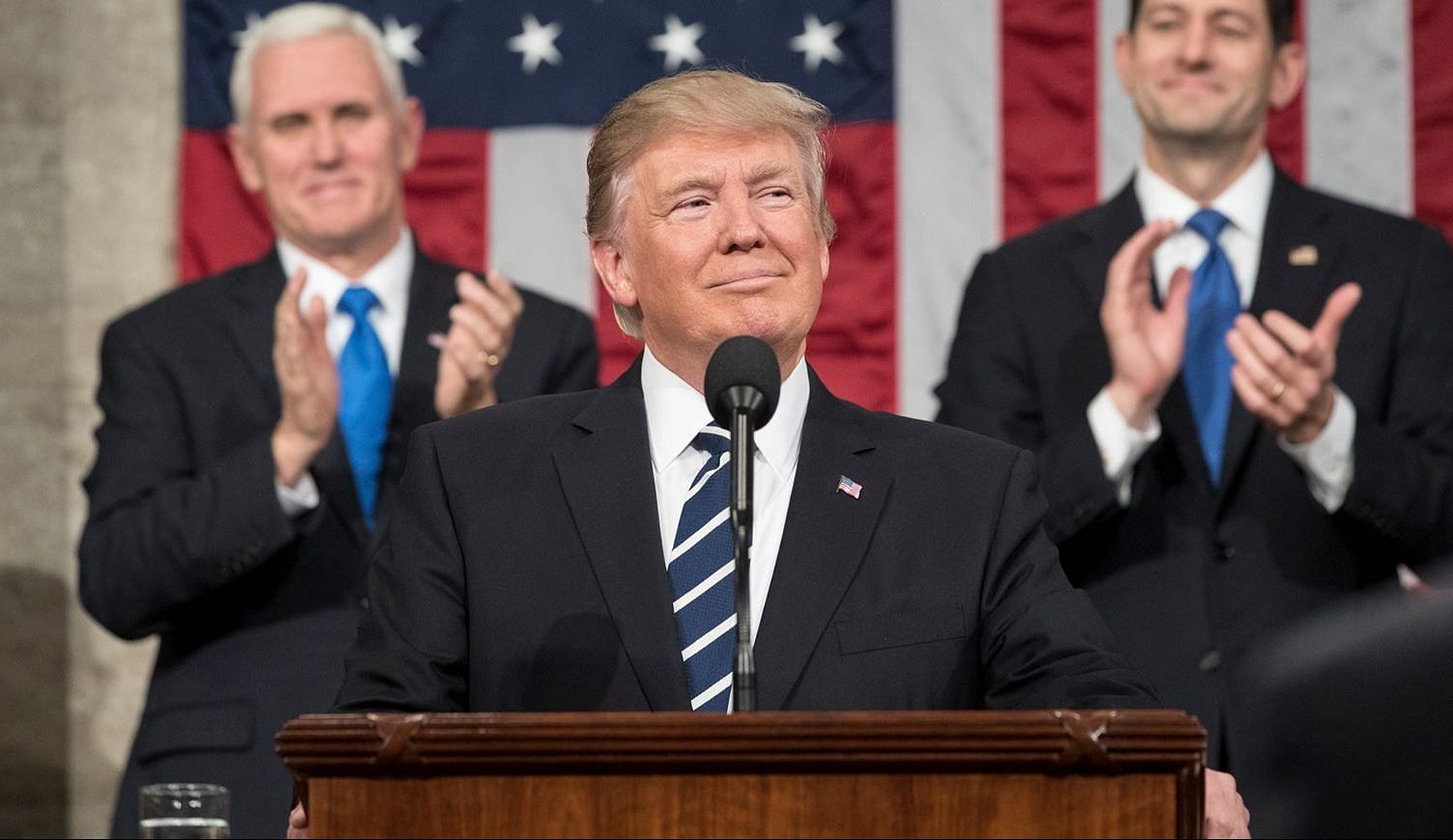
Since his controversial election in 2016, the American President has emerged as the global poster child for controversy and questionable domestic and foreign policy.
From old tapes where he is heard making derogatory remarks about women, to his xenophobic travel ban on citizens from several Muslim-majority countries, repeated attacks on the media, and separation of immigrant parents and children on the US border, Trump’s credentials as the leader of the free world have come under question repeatedly. He has also launched the construction of a giant wall between the US and Mexico to keep illegal immigrants out.
In October last year, Trump brandished his Ivy League education as proof of his competence. “You know, people don’t understand. I went to an Ivy League college,” he said. “I was a nice student, I did very well. I’m a very intelligent person,” he added.
Aung San Suu Kyi
St Hugh’s College, Oxford University
Class of 1968
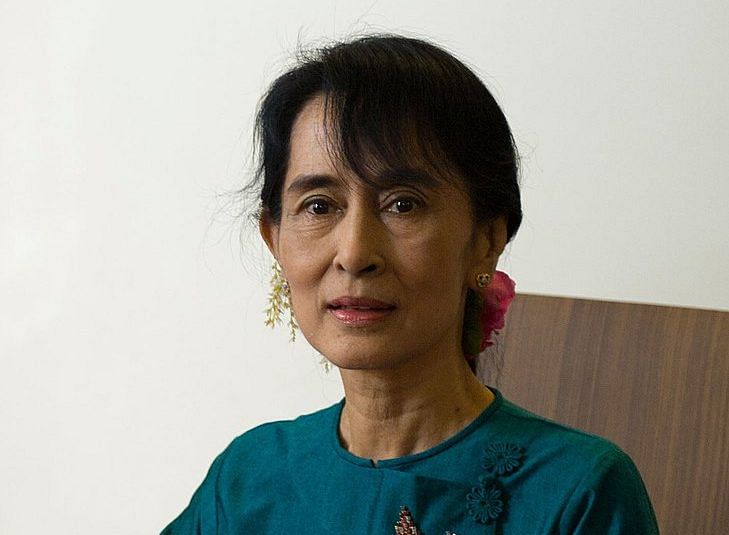
Suu Kyi is the first and incumbent Myanmar State Counsellor, or head of government. After doing a bachelor’s in political science from Delhi University’s Lady Shri Ram College, she went to the UK to study at St Hugh’s College, Oxford University, where she obtained another BA degree in philosophy, politics and economics in 1967, as well as a master’s in politics in 1968.
Long seen as the face of peace and stoic resistance to the country’s military junta, the Nobel peace laureate has herself courted controversy in view of her silence and inaction to stop the persecution of Rohingya Muslims by the Myanmar military and Buddhist mobs since August 2017. The wave of violence is said to have driven at least 700,000 Rohingya out of the country.
The government of Myanmar, a predominantly Buddhist country, has denied the Rohingyas citizenship, and even excluded them from the 2014 census.
As criticism of Suu Kyi strengthened, in 2017, the Oxford City Council unanimously stripped her of the ‘Freedom of Oxford’, an award given to her in 1997. Her college at Oxford, meanwhile, removed her painting from public display.
Bill Clinton
Yale Law School, Class of 1973
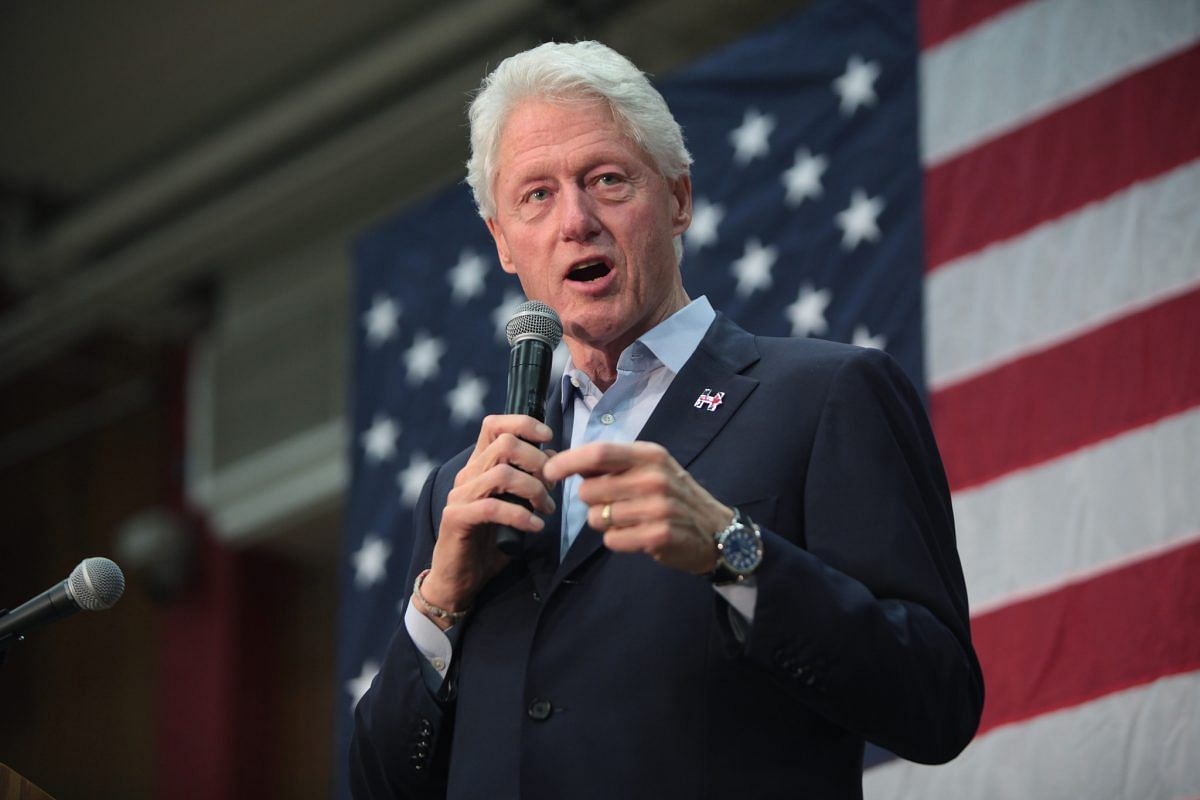
Former US President Bill Clinton has illustrious academic credentials, including a Rhodes Scholarship to attend Oxford University. Although he could not complete his course because he was drafted in the military, he received an honorary degree and a fellowship from Oxford while he was President in 1994.
After Oxford, Clinton attended Yale Law School and earned a Juris Doctor (J.D.) degree in 1973.
Clinton was impeached by the House of Representatives in 1998 following the revelation of his affair with White House intern Monica Lewinsky, but was acquitted on all counts by the Senate a year later.
Over the course of his political career, Clinton faced multiple allegations of sexual assault and harassment. Juanita Broaddrick, a campaign volunteer during his run for Arkansas governor’s office, accused Clinton of rape, Kathleen Willey, a former White House volunteer, claims Clinton fondled her breast, and Paula Jones, a former Arkansas state employee, sued him for sexual harassment in 1994.
George W. Bush
Bachelor’s from Yale, Harvard MBA, 1975
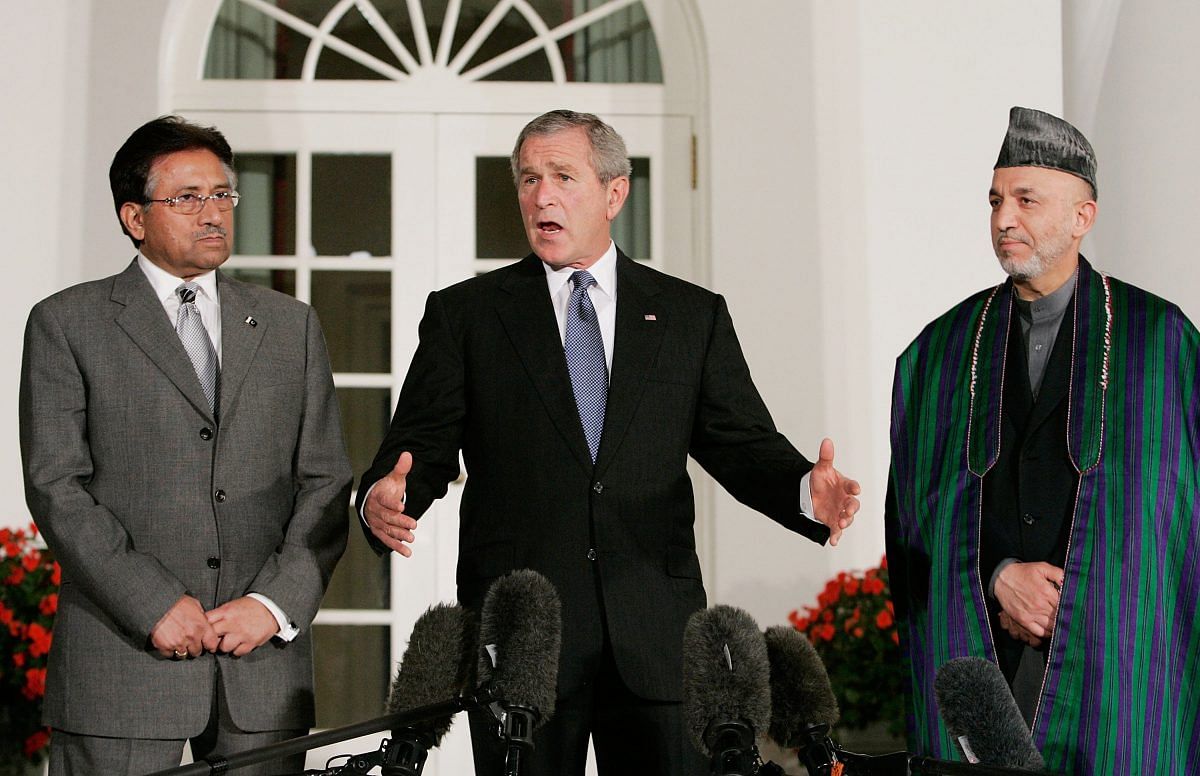
The 43rd President of the United States, George W. Bush’s legacy remains steeped in controversy. His term witnessed the 9/11 attacks, as well as the 2008 financial crisis.
In response to the 11 September 2001 attack, Bush launched a massive war against terrorism by invading Afghanistan, which turned out to be the longest war in American history. However, Bush was unable to kill or capture the mastermind of the attacks, Osama bin Laden, during his term, which ended in 2008.
In 2003, Bush launched a pre-emptive war on Iraq, based on information that Saddam Hussein had procured weapons of mass destruction. No weapons of mass destruction were ever found in the country even as more than 4,000 Americans and thousands of Iraqi civilians died in the war over the next eight years as insurgents sought to corner the US forces.
By the end of his presidency, Bush recorded one of the lowest public approval ratings in history.
Henry Kissinger
Harvard University, BA, MA, PhD
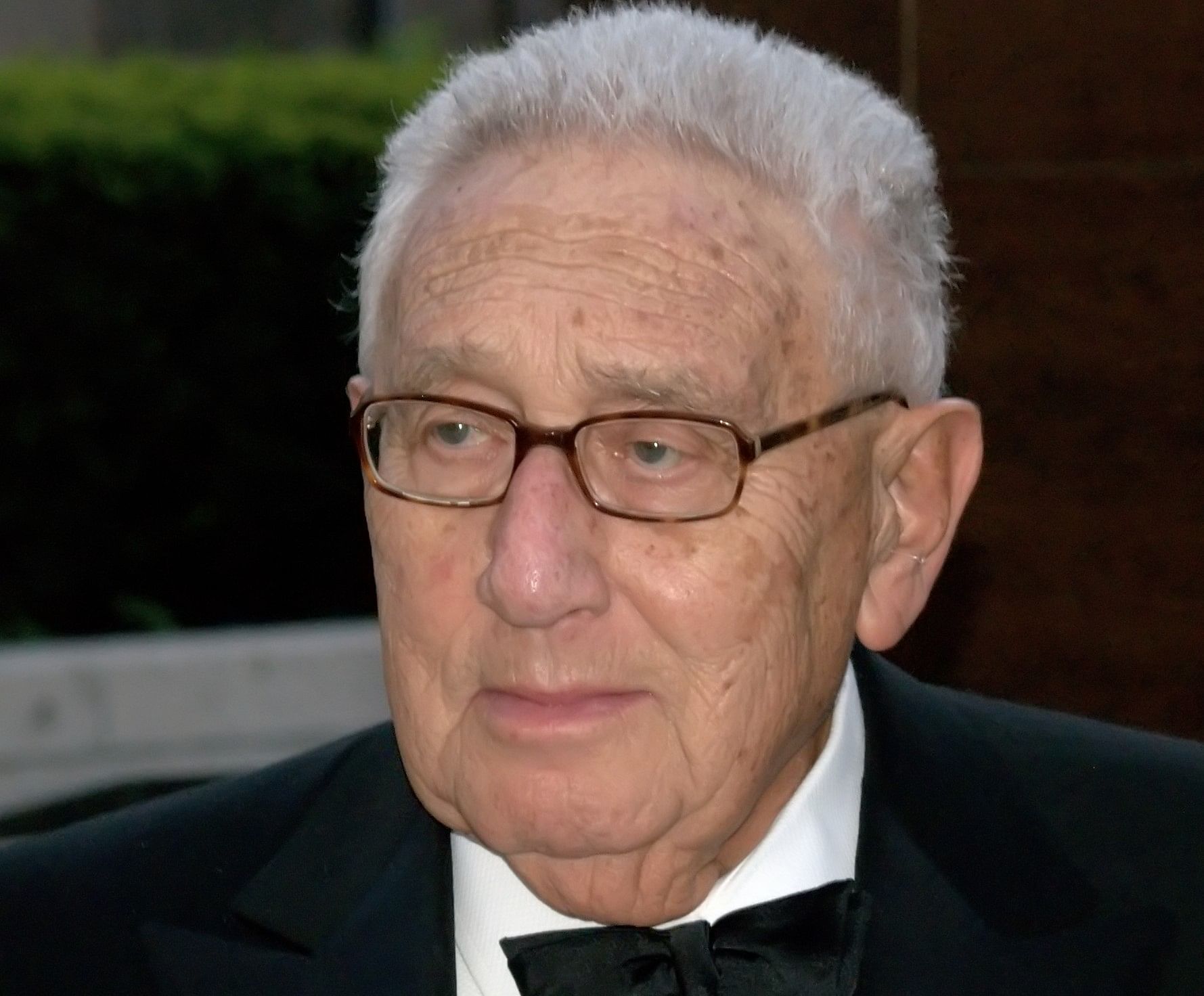
As the US national security adviser and then secretary of state, Kissinger’s foreign policy is said to have resulted in thousands of war casualties around the world. In 1971, Kissinger supported Pakistan’s crackdown on the then East Pakistan despite evidence of massacre and mass rapes. He is also said to have suggested a nuclear attack on India to tilt the war in Pakistan’s favour.
Two years later, the US orchestrated a military coup that installed the oppressive Pinochet dictatorship in Chile, and Kissinger has never been able to shake off allegations of complicity in the ensuing human rights violations. And in 1975, Kissinger backed Indonesian President Suharto in the conquest of Timor. Suharto, incidentally, was a despot responsible for the mass killings of hundreds of thousands.
Kissinger received the Nobel Peace Prize in 1973 for his negotiations during the Vietnam War. He received a BA, MA and PhD at Harvard University, continuing on as a faculty member in the Department of Government.
As of 2017, Harvard was still conducting sessions titled ‘A Conversation with Henry Kissinger.’
In response to the event however, Harvard’s own daily college newspaper, the Harvard Crimson, published an article that says an accurate, yet often overlooked, label for Kissinger is ‘War Criminal.’
Raj Rajaratnam
Wharton School, University of Pennsylvania
Class of 1983
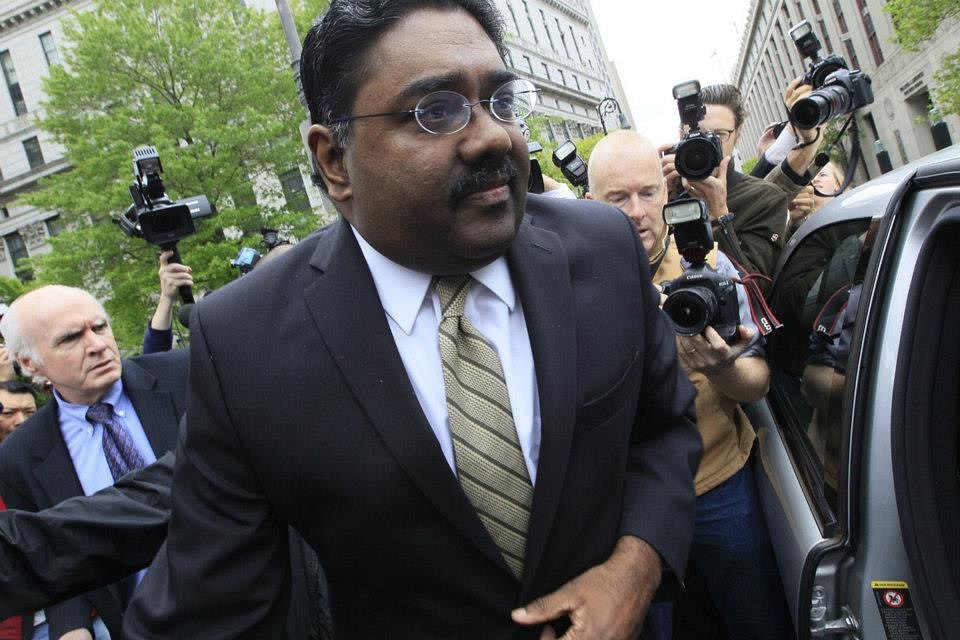
The Sri Lankan-born Raj Rajaratnam moved to England with his family in 1971. An excellent student with a disposition for business, Rajaratnam went on to start the Galleon Group, a New York-based hedge fund management firm. As of 2009, his net wealth was estimated at $1.8 billion.
On 16 October the same year, Rajaratnam was found guilty of 14 counts of conspiracy and securities fraud. He was convicted of earning over $60 million through insider trading — tips he received from executives of companies including IBM, and his good-friend Rajat Gupta, a board member at Goldman Sachs.
Gupta, as it turns out, has an MBA from Harvard University.
Rajaratnam received a jail sentence of 11 years, the longest ever handed out for insider trading at the time. He will be eligible for parole in 2020.
Rajat Gupta
Harvard Business School
Class of 1973
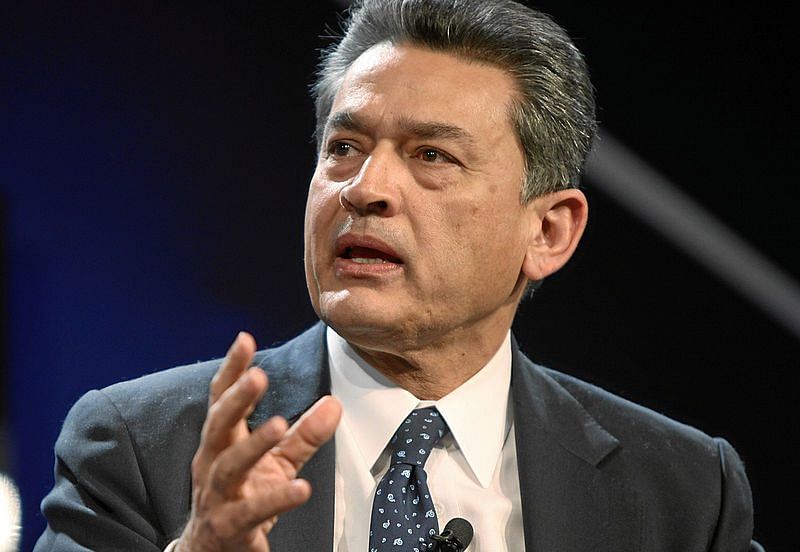
Rajat Gupta was the first foreign-born managing director of McKinsey & Company, and served in the post from 1994 to 2003. With an MBA from Harvard Business School, Gupta went on to serve as a board member for several corporations, including Goldman Sachs, Procter & Gamble, and American Airlines.
He is also a co-founder of the Indian School of Business and American India Foundation.
Gupta was sentenced to two years of imprisonment for providing Rajaratnam with information regarding Warren Buffett’s plans to invest $10 billion in Goldman Sachs during the financial crisis of 2008.
Once this information became public, Goldman’s stocks would soar, which is why , Gupta told Rajaratnam of the investment before the deal was announced.
Subramanian Swamy
PhD in Economics, Harvard University
Class of 1965
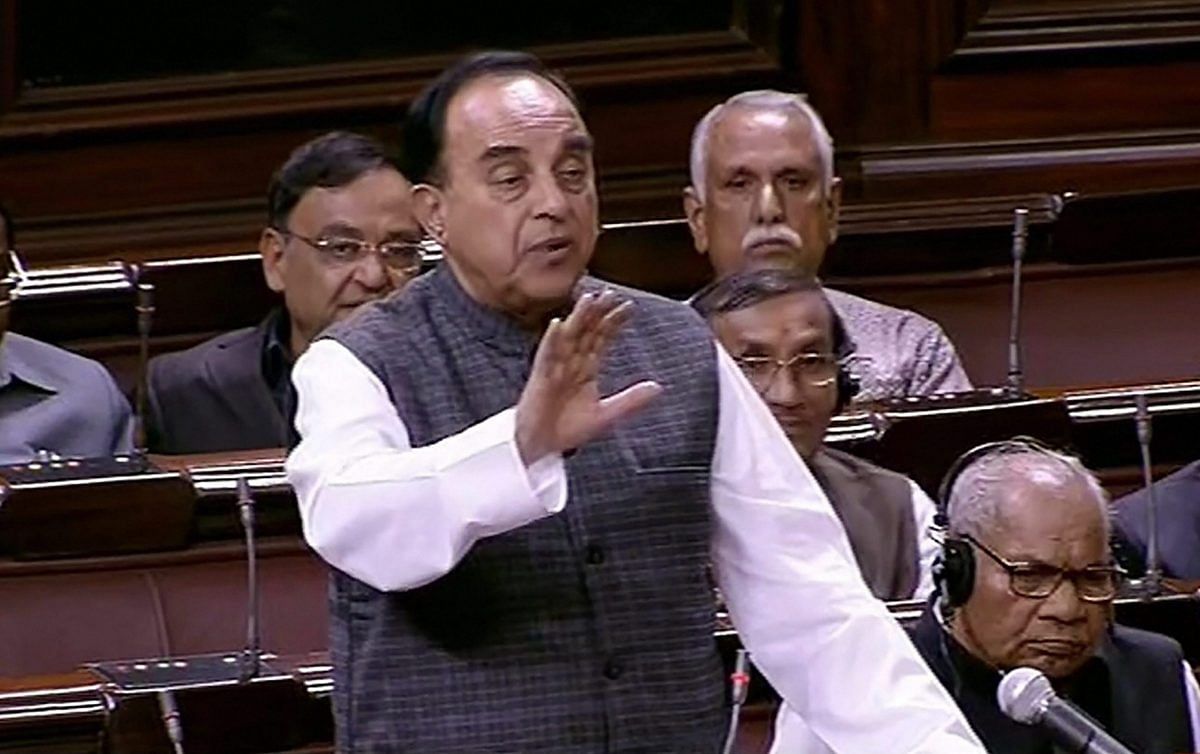
Subramanian Swamy studied at Harvard University on a full Rockefeller scholarship. He completed his thesis in 1965, under the guidance of Nobel laureate Simon Kuznetsk, his adviser.
The Rajya Sabha member and former cabinet minister is widely known for his provocative statements. In fact, Harvard University dropped two economics courses taught by Swamy after he wrote two articles that recommended demolishing hundreds of mosques in India.
He also wrote once that only Muslims who “acknowledge that their ancestors were Hindus” be allowed to vote in India.
Some other famous statements made by him include:
“You need to go to a hospital. Being gay is a mental disorder.”
“99% of my twitter followers with Muslim names tweet like mental retards. Are these retards tweeting with faked names or is it congenital?”
99%of the my twitter followers with Muslim names tweet like mental retards. Are these retards tweeting with faked names or is it congenital?
— Subramanian Swamy (@Swamy39) February 17, 2015
“Mosque is not a religious place, can be destroyed anytime.”
“With the authority vested in me I hereby appoint Namo as a Brahmin since he has Brahminical gunas.”
With the authority vested in me I hereby appoint Namo as a Brahmin since he has Brahminical gunas.
— Subramanian Swamy (@Swamy39) May 9, 2014






